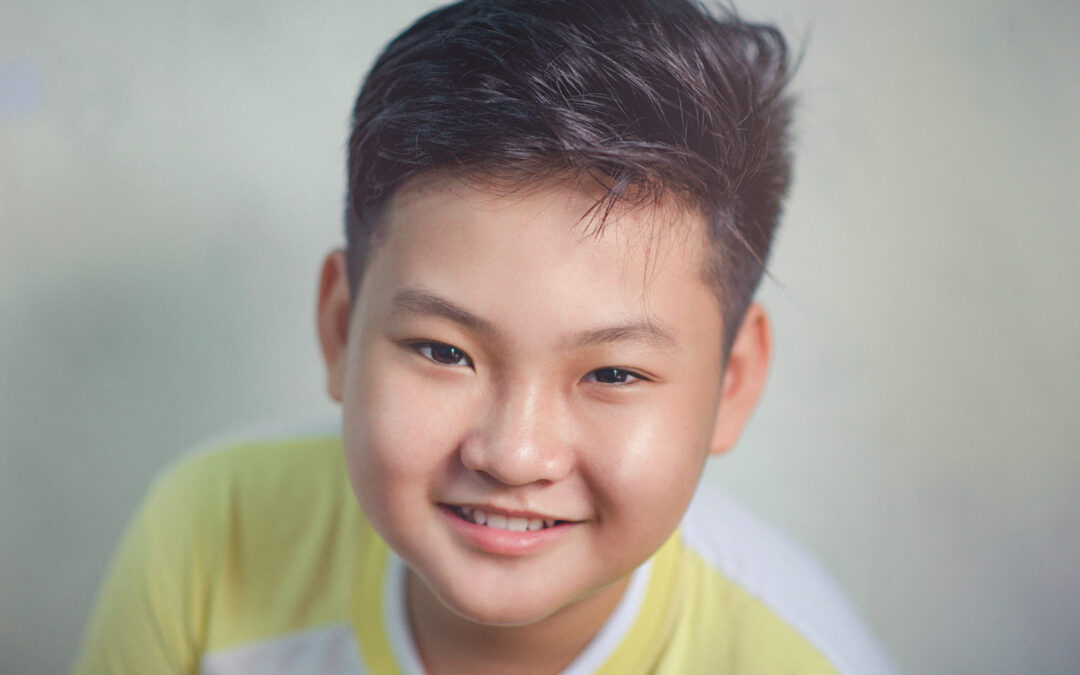Many parents look at their child’s crooked teeth and wonder if it’s the right time to get braces. Therein lies the popular question orthodontists often get is; “is it better to get braces younger or older?” The answer is complicated. There are several factors that go into an orthodontist’s recommendation of when to get braces.
Is it Better to get Braces Younger or Older: Major Factors to Consider
There are tradeoffs to starting treatment in younger or older children. This balancing of factors depends on the child, the type of treatment, and the problem to be addressed.
1. Age
Adolescent orthodontics can range from age 7 to 17. There are several factors that determine the best time to begin orthodontic treatment. If there are no dental concerns that need to be addressed with early intervention, many orthodontists will begin comprehensive orthodontic treatment once all baby teeth have fallen out and have been replaced by permanent teeth. In most kids, this occurs around age 12 or 13. If there are dental concerns, such as a crossbite, overjet, or excessive crowding, early intervention may be recommended for children ages 7 to 11.
2. Maturity
Children with braces must be responsible enough to take care of their braces and teeth to maximize the treatment benefits. Children who aren’t mature enough to practice proper oral hygiene and after treatment care might be advised to delay getting braces.
3. Type of Braces
Conventional braces are robust, uncomfortable, and unsightly. Invisalign is a preferred option for teens and children, however they do require some responsibility and dedication for proper treatment. In addition to not losing or damaging aligners, children and teens with Invisalign must wear the aligners about 22 hours per day. The best results from Invisalign for teens and children come from patients who are invested in the success of the treatment. For patients who give in to the temptation to remove the aligners, delaying treatment or opting for conventional braces may be better. Brackets and wires also require a child to think through their restricted foods at each meal and keep up proper oral hygiene.
4. Seriousness of the Problem
Some orthodontic problems should be resolved through early intervention while the jaw bone is still growing. In fact, some orthodontic treatments may occur before losing baby teeth so that the permanent teeth have the space to come incorrectly. Similarly, treatment with braces can usually be completed more quickly in children and teens than adults because the bones and teeth are still growing and, thus, easier to reposition.
“Is it Better to get Braces Younger or Older?” is Determined on a Case-by-Case Basis
The American Association of Orthodontists recommend that all children have an initial evaluation with an orthodontist starting at the age of 7. An experienced orthodontist can guide you through the considerations for when to start your child’s orthodontic treatment. These considerations will be unique to your child’s treatment plan, age, and maturity.
To consult an orthodontist about starting braces for your child, visit our website to find an orthodontist today!
Source: https://aosmiles.com/is-it-better-to-get-braces-younger-or-older/

